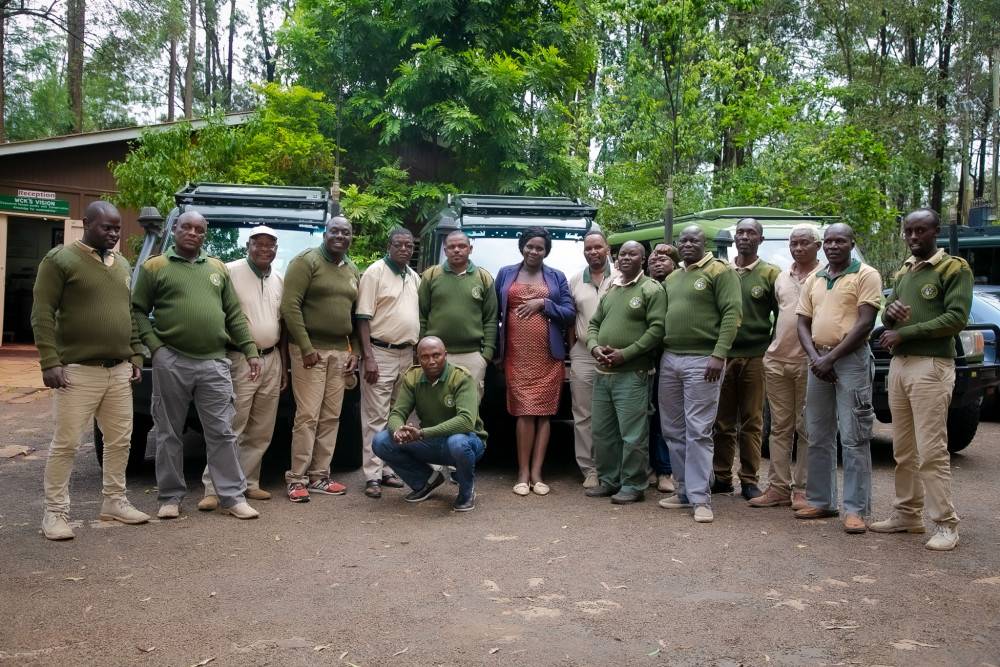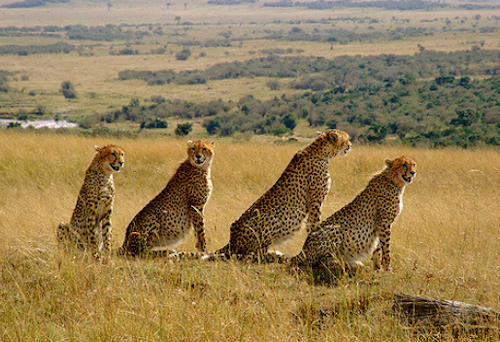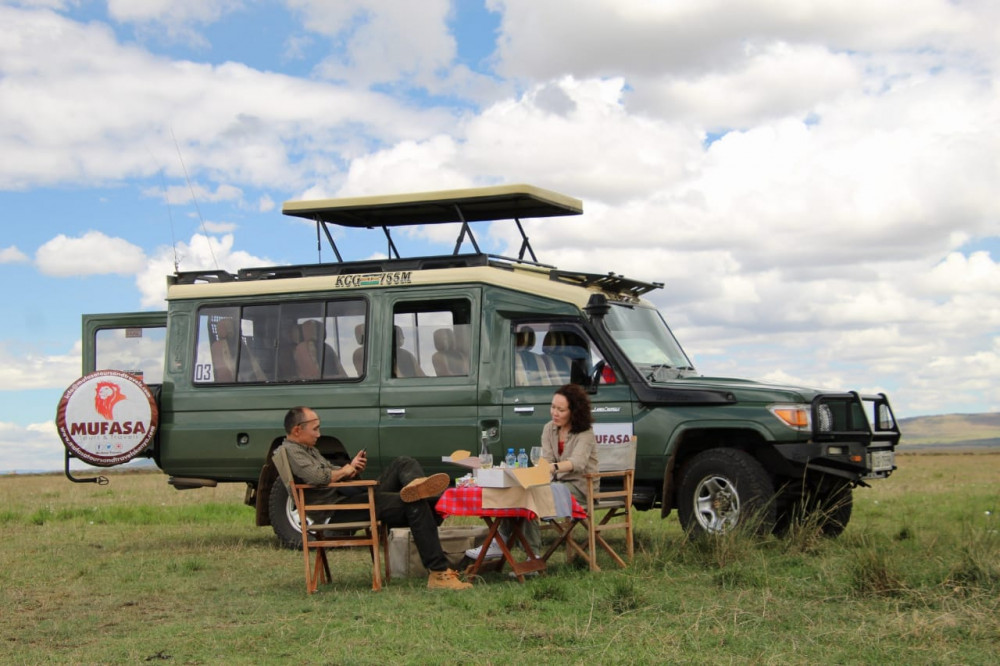Great Facts To Choosing Kenya Watamu Marine National Park
Great Facts To Choosing Kenya Watamu Marine National Park
Blog Article
What Health Precautions Must Be Taken Into Consideration Prior To My Visit To Mombasa Kenya?
In order to ensure you enjoy an enjoyable, safe holiday in Mombasa Kenya, it is important to take the essential precautions to protect your health. Here are some of the main health considerations:
1. Vaccinations
Routine Vaccinations: Ensure that you are up-to-date on routine vaccines such as measles-mumps-rubella (MMR), diphtheria-tetanus-pertussis, varicella (chickenpox), polio, and your yearly flu shot.
Hepatitis A It is recommended for all travellers due to the possibility of drinking and eating food being contaminated.
Hepatitis B. Anyone exposed to blood, bodily fluids or sexual contact (e.g. medical treatment or use of drugs) must be aware of this disease.
Typhoid : This is crucial for those staying with relatives or close friends, travelling in small towns or rural areas, and also for those who are prone to eating out.
Yellow Fever Certificate of vaccination might be required for travellers arriving from countries at threat of transmission of yellow fever. Find the most current guidelines.
Rabies: Those who are susceptible to animal bites during outdoor activities such as hiking, camping or caving must be aware of this.
2. Malaria Prevention
Mombasa, a malaria endemic region, is in need of antimalarial drugs. Consult your healthcare provider to determine the right antimalarial medicine.
Beware of mosquito Bites: Make use of insect repellents that contain DEET, wear long-sleeved clothing and long pants, particularly in the evenings and nights and rest under a mosquito net if not in an air-conditioned or well-screened room.
3. Food and Water Safety
Consume only bottled or boiled drinking water. Avoid drinking tap water, ice cubes, and drinks that are not sealed.
Be Safe: Eat only cooked and well-cooked food. Avoid unwashed or raw fruits and vegetables, and seafood. Avoid street food and select reputable restaurants.
4. Traveler's Diarrhea
Preventive Measures: Practice proper hand hygiene by washing hands frequently with water and soap or by using hand Sanitizer. Beware of drinking and eating food from sources that are not dependable.
Bring medications with you such as Imodium and oral sodium rehydration. If you are experiencing severe symptoms Consult your physician about antibiotics.
5. Sun Protection
Sunscreen: Apply sunscreens that have a SPF of 30 or higher. Reapply your sunscreen often and particularly when you've been sweating or swimming.
Protective Clothing: Wear hats, sunglasses, as well as light, long-sleeved clothing to minimize the sun's rays.
6. Heat and Hydration
Stay Hydrated: Drink plenty of fluids, and especially water, to avoid dehydration. Caffeine and excessive alcohol can cause dehydration.
Avoid overexertion. Pause during the most hot times of the day. Be sure to avoid heat stroke or exhaustion by seeking shade or cool areas.
7. Safety in Water Activities
Be sure to swim in areas that are designated Take note of the local advice regarding swimming conditions, which includes dangers that could be present, such as strong currents.
Awareness of marine life: Be aware of dangerous marine life and stay clear of it, such as jellyfish and seaurchins. Wear water shoes while walking in shallow waters.
8. Medical Care and Insurance
Travel Insurance: Make certain to purchase an insurance policy that is comprehensive and will cover evacuation in the event of a medical emergency.
Local Medical Facilities Acquaint your self with the locations of reputable medical centers in Mombasa. Many major hotels provide details about hospitals and doctors in the vicinity.
Medicine: Take a sufficient quantity of all prescription medicines you take, along with the prescriptions you have.
9. Contacts for Emergency Situations
The Embassy Contact the Embassy of your home country in Kenya.
Local Emergency Numbers. Know the emergency number in your area for police (999), firefighters (999) and ambulances (999).
These precautions for health will allow you to reduce risks so that you can focus on the holiday and have fun the experience. Take a look at the top mombasa old town for website advice including kenya mombasa holiday packages, african safari tours kenya, kenya mombasa holiday packages, tour firms in kenya, kenya africa travel, mombasa safari, travel tours in kenya, kenya holiday packages, safari company kenya, safar kenya and more.
What Factors Regarding The Weather Should I Be Aware Of When Visiting Mombasa In Kenya?
If you are planning a trip to Mombasa, Kenya, understanding the local weather patterns is essential to pack appropriately and make the most out of your time. Here are the most important weather considerations:
1. Climate Overview
Mombasa has a tropical climate, with high temperatures throughout the year. You can expect warm weather, with temperatures that range from 24degC (75%F) to 32degC (90%F).
2. Seasons
It's a time that is characterized by high temperatures and a high humidity. The peak tourist season occurs between December and January.
Long rains (April through June) The rainy season can bring heavy rainfall and occasional thunderstorms. It is possible for roads to get muddy. This is the time when there is no tourism.
Cooler Season (June to October) Take advantage of the cooler temperatures and less humidity throughout this time. It is a pleasant climate, ideal for outdoor pursuits.
Short Rains from October to November The time that has shorter and less heavy rains. The rains are usually brief, and then later, sunshine follows.
3. Tips for packing
Lightweight clothing: To stay cool and dry in humid weather, pack light, breathable clothing such as linen or cotton.
Take rain gear with you if you plan to travel during the rainy season. This includes a waterproof jacket as well shoes.
Sun Protection: Apply sunscreen with high SPF. Wear a broad brimmed sunglass and a hat. Wear clothes that cover the skin.
Wear your swimwear and bring your swimwear when you visit the beach or resort pools.
4. Weather Specific Activities
Beach Time: The best time to enjoy the beach is during the cooler months (June-October), when the weather and sea conditions are ideal.
The calm and clear water is perfect for diving, snorkeling and water sports, from November to March.
Wildlife viewing: The cooler weather (June through October) makes it a better time to go on safaris or go on wildlife excursions.
5. Health Considerations
Be sure to drink plenty of water. The humid and hot conditions will force you to drink plenty of water. Drink plenty of fluids, particularly when spending time in the outdoors.
Heat-related Infections: Know that heatstroke and heat exhaustion could be a possibility. Pause in shade, dress loosely and avoid strenuous exercise during the peak heat.
6. Travel Adjustments
Rainy Season Travel: Be prepared for disruptions to travel during heavy rains. There may be instances where roads are closed and outdoor activities could be restricted.
Delays in flights: Tropical storms and rain can lead to delays in flights. Be conscious of your travel schedule, and prepare contingency plans.
7. Environmental Concerns
Natural Risks. Beware of the dangers caused by heavy rainfall. Keep informed of forecasts for local weather and adhere to safety guidelines.
Be aware of tides. They are unpredictable and may affect beach activities. Be sure to check tide schedules for safety while beachcombing and swimming.
You can plan your vacation activities better, pack properly and relax in Mombasa while staying safe by knowing the weather conditions. Read the most popular kenya tours and safaris for site tips including africa safaris and tours, tour mombasa, kenya tours and safaris, africa tours, beach in mombasa, kenya safari tours, trips to kenya safari, safari tour, tour mombasa, travel tours in kenya and more.
What Safari And Tour Planning Do I Need To Know When Holidaying In Mombasa, Kenya?
A trip or safari in Mombasa requires careful planning to make it a memorable holiday. Here are some key things to keep in mind:
1. The Most Reliable Safari and Tour Operators
Select a tour operator with an established track history. Look for tour operators that have been accredited by the Kenya Association of Tour Operators.
Check out the different packages offered by tour operators. The packages range from affordable to luxurious and can differ in terms of length and activities included.
Guides: Check that the tour operator has experienced, knowledgeable guides. They must be accredited by relevant associations.
2. Popular Safari Destinations From Mombasa
Tsavo West: This is the second-largest game reserve in Kenya. It is divided into Tsavo West, and Tsavo West. It is famous for its diverse wildlife, which includes elephants and rhinos.
Amboseli National Park is famous for its herds of elephants and for the breathtaking panoramas of Mount Kilimanjaro.
Shimba Hills National Reserve, close to Mombasa has beautiful scenery and the possibility of seeing rare animals, such as the Sable antilope.
Maasai Mara - Although it is farther away from Mombasa than Mombasa itself, the Maasai Mara region is well-known for its Great Migration.
3. Safaris and Tours: Types and Categories
Game Drives are an old-fashioned safari that involves 4x4 vehicle game drives, which provide close encounters with wildlife.
Walking Safaris: Walking tours with guides offer a unique opportunity to get out in the wilderness and to learn about smaller flora and fauna.
Balloon Safaris. Available in some national parks, including the Maasai Mara. You can enjoy a bird's-eye perspective of the entire animals.
Beach and bush Combos: Combine a safari and a time at the gorgeous beaches of Mombasa for a unique experience.
Cultural Tours: Includes visits to local villages or historical sites like Fort Jesus and Mombasa Old Town.
4. Timing, Duration
The best time to visit The dry season (June to October) is the best time to visit as wildlife gathers around watering sources. The Great Migration in Maasai mara usually occurs between July to October.
Safaris range in length from day trips to extended excursions. Think about your schedule and how long in the wilderness you'd like to spend.
5. What to Pack
Clothing Light comfortable, breathable clothing that is neutral shades. Wear long sleeves and pants to provide nighttime protection from mosquitoes.
Shoes for walking Boots for walking that are comfortable or shoes are necessary, especially when you go on walking safaris.
Accessories: Sunscreen, sunglasses and insect repellents are all essentials.
Gear: Binoculars are essential for wildlife photography and viewing. A good camera, with extra batteries and memory cards is also crucial.
Make sure you have all the medications needed. Consider bringing antimalarial medication as well as a basic first-aid kit, and any other medication you might need.
6. Health and Safety
Check for vaccinations and ensure that you've got all the necessary vaccinations.
Prevention of malaria Prevention of malaria: Wear long sleeves at night, wear repellents for insects and take antimalarial medication.
Food safety and water: Eat at restaurants that are trusted and drink bottled or drinking water purified.
7. Payments and Costs
Budgeting is essential. Planning your budget is crucial. Think about all-inclusive vacation packages that include food, accommodation, and even activities.
Payment Methods: Most companies accept credit cards and bank transfer. Verify all payment options.
8. Environmental and Ethical Considerations
Select eco-friendly companies:
Wildlife Protection: Respect animals by keeping them in a secure space and not disrupting them. Avoid purchasing products that are made of endangered species.
9. Travel Insurance
Insurance Coverage: Make sure your travel insurance covers the activities of safari, medical emergencies, and any potential disruption to travel.
10. Booking and Confirmation
Book well in advance. Safaris tend to be very popular, and are often booked out quickly in peak season. Book in advance.
Confirmation: Talk to your tour operator to confirm all details, such as pickup times, itinerary and contact details.
These factors will assist you to create a relaxing and well-organized safari or tour in Kenya starting from Mombasa. Have a look at the most popular Sgr transfer to Mombasa Airport for blog examples including tours & safaris, mombasa safari packages, kenya safari packages, kenya holiday packages, kenya safari and beach, tour company in kenya, kenya beach mombasa, kenya tours, kenya safaris and tours, safari trips in kenya and more.